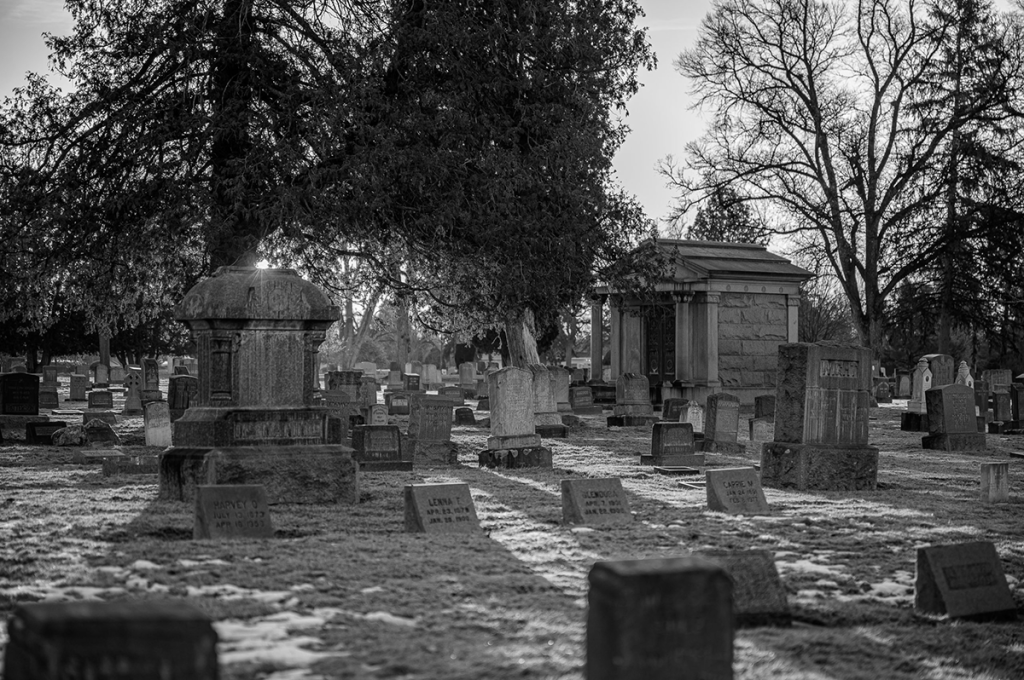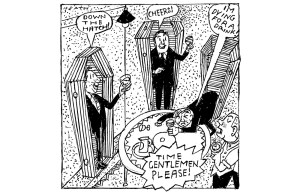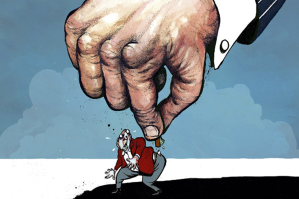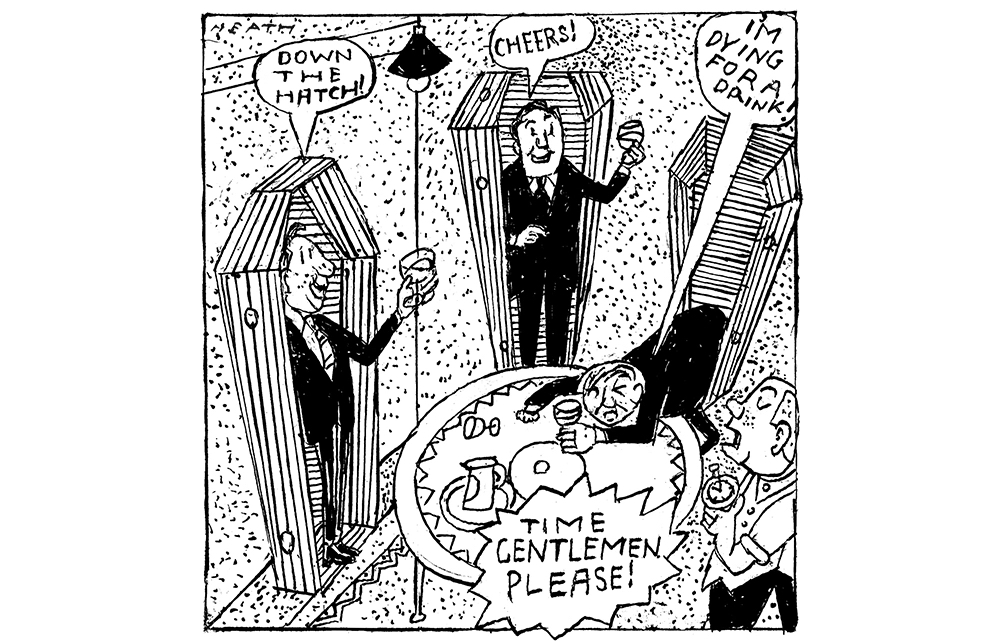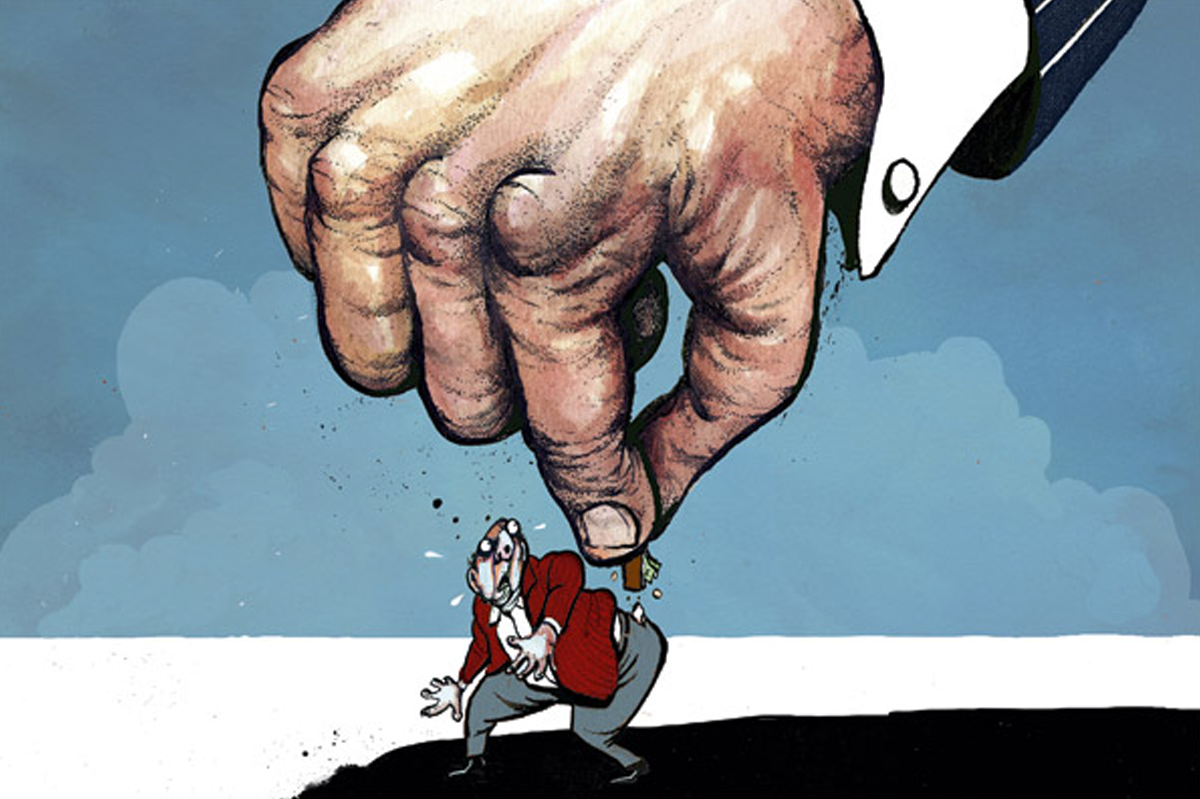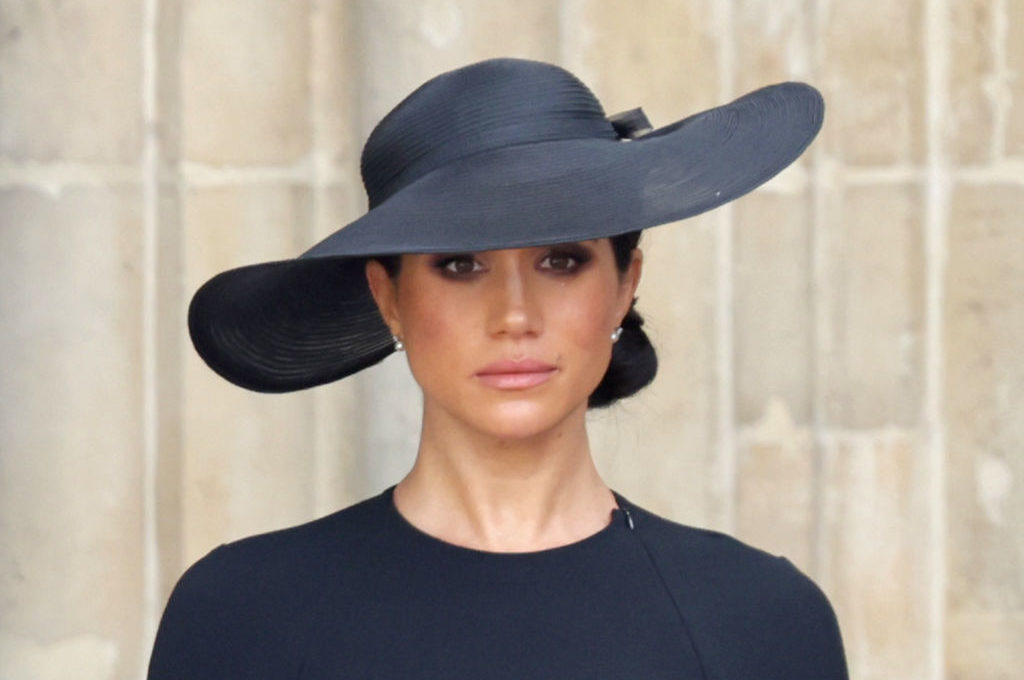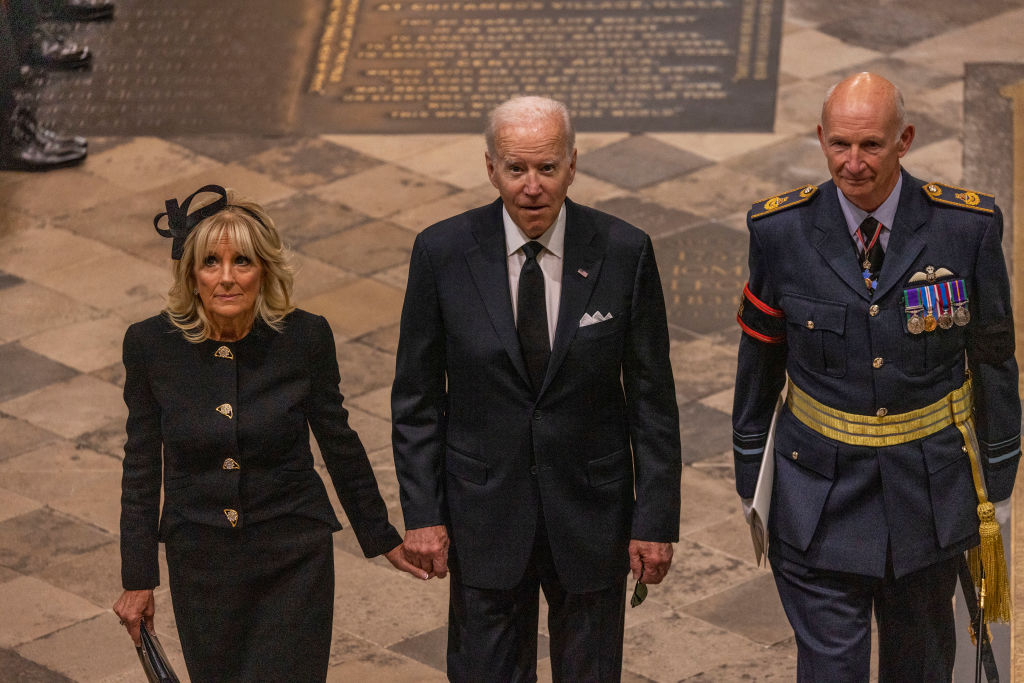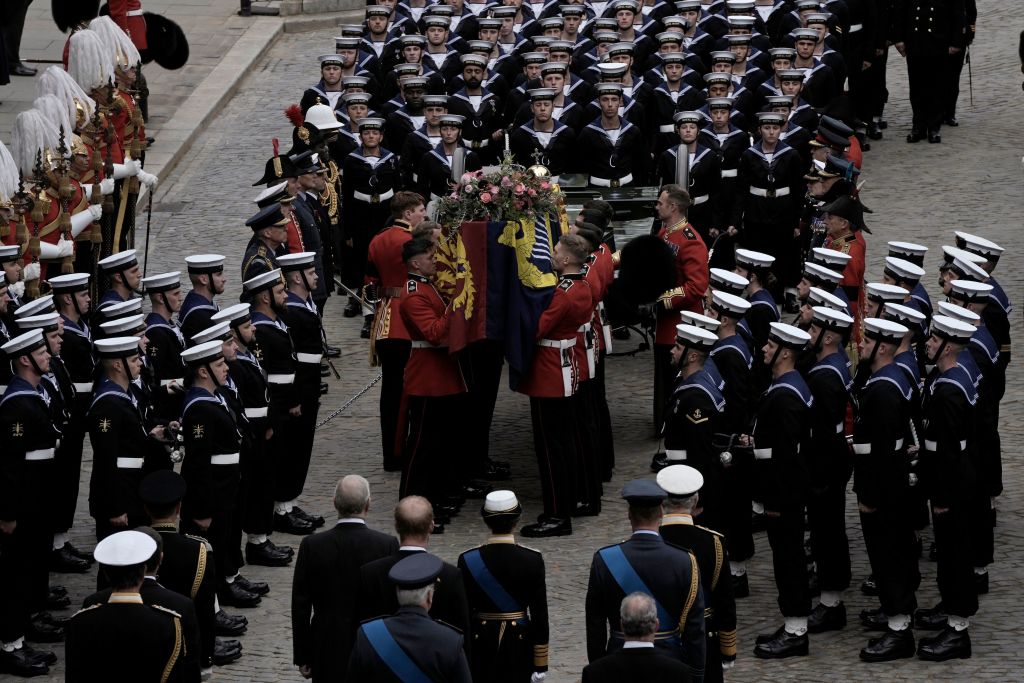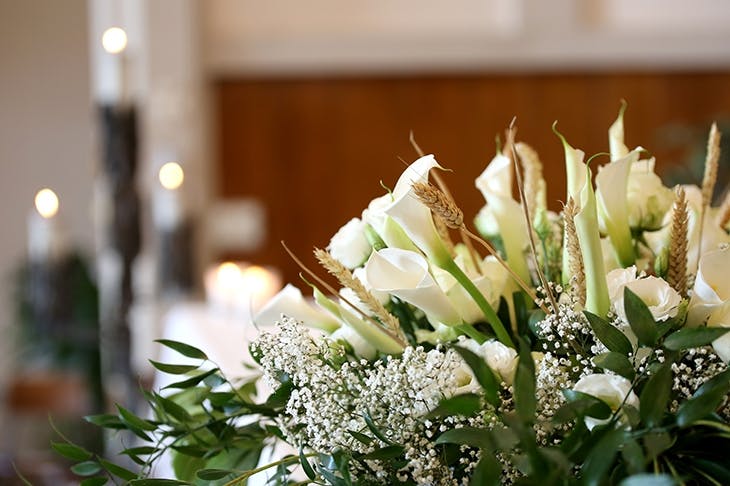This holiday season, thousands of recently deceased bodies will be stored in morgues and funeral homes, their loved ones either non-existent or unaware of their passing. My own mother-in-law, whom my husband was estranged from, was nearly one of them. We found out that she died in August, but only discovered her passing after my husband did an in-depth search of her name and paid for the information months later.
The phenomenon is a sad and growing tragedy that should be addressed and remedied so that these lives are honored in the way each person deserves in death.
An estimated 1 percent of bodies go unclaimed in hospitals and morgues each year in the United States, which translates to about 34,000 people across the nation in 2020 alone. In places like Los Angeles, rates are as high as 2-3 percent of all deceased, and Maryland saw a 4 percent rate in 2020 amid the Covid pandemic and rising deaths from the opioid crisis. The Cremation Society of North America, or CANA, reports more than 2 million bodies remain cremated and unclaimed today.
Cremation rates generally have spiked tremendously in recent years, peaking at 57 percent in 2021 and expected to reach 64 percent of the population by 2025. What’s causing the rise? Even if bodies are claimed, CANA cites a less rooted population, and a rise in individuals who have “loosened their connections to their geographic origins.”
Less religion, smaller families and more transient lifestyles mean desertion or disconnect is increasingly common. Researchers say “social relationships, particularly kin networks, significantly predict morbidity and mortality.”
Increasing isolation and higher mortality rates, exacerbated by depression and worsening physical and mental health, mean “quarantining” is no longer just a reference to Covid contraction.
Even if a friend or non-family member wants to claim a body, they face legal barriers to do so. And lower marriage rates and fewer children mean fewer kin relationships available to claim bodies. This phenomenon is exemplified in Ohio, where most unclaimed bodies are white males in their fifties who’ve never married.
The upward trend will continue as more baby boomers die and the opioid crisis continues to take more than 100,000 lives a year. Cost of burial and funerals also remain high, often a deterrent for family members who may otherwise claim a body. The cost of cremation alone can cost up to $7,000.
A recent study in Los Angeles found that unclaimed bodies from the morgue and coroner’s office are held for three years before cremated remains are buried en masse together at the cost of the state. The demeaning process of disposal can be haunting to those who face a similar fate.
Millions of unclaimed bodies have been disposed of in a variety of questionable ways nationwide. In Washington State, unclaimed bodies are ultimately cremated and buried in unmarked graves. New Yorkers are often buried in mass graves on the city’s Hart Island. In North Carolina, ashes are scattered to sea. In some states, like Texas, bodies have been used without consent for medical research.
But what of these people and the dignity of their lives? Despite a lonely end, the moments they inhabited matter. There is a way to honor them, and in some places, their lives are finally being respectfully laid to rest.
In Indianapolis, Indiana, a recent Celebration of Life ceremony honored 173 individuals who were left unclaimed in the coroner’s office. He Knows Your Name, a local non-profit with a mission to relay to every person “dignity and honor in death,” established the event. Partnering with a church and government officials to organize, it was widely covered by the media and embraced by the community.
Dozens of volunteers arrived to carry the cremated remains. Each box of ashes was wrapped in a velvet bag and transported individually to an ossuary, which is a large stone burial container. An official read the full names of each person aloud on a speaker.
It was a noble example of how communities can show care for unclaimed remains and help them be laid to rest with dignity. Putting names to the unclaimed deceased bestows one’s God-given worth and reminds us that every life has value.
“It is also an honor, if that is possible, to reunify the family members of those decedents,” said Marion County chief deputy coroner Alfie McGinty, who helped lead the Indianapolis ceremony.
After posting about my own volunteer experience at the event on social media, I was inundated with kind words and support and was asked by several people how they could get involved with something similar in their own areas. Unfortunately, few efforts of this kind exist.
The Indianapolis event, specifically tying together government, a non-profit, and a church, exemplifies how other communities might successfully pull off life-honoring events more often.
“Together, we can get so much done,” said Linda Znachko, founder of He Knows Your Name. “[Government] are the ones that opened the door for me.”
There have been a few recent ceremonies in Washington, DC, conducted by the medical examiner’s office. And Los Angeles County had a virtual ceremony to honor the dead in 2021. But these reports and efforts are extremely rare, given the sheer number of unclaimed each year.
With more private and public partnerships like the one in Indiana, however, we could help reunify families. It’s not just the respectability of the ceremony, but the awareness it brings to loved ones who might not know a family member has passed away.
As the Indiana effort came to light, family members of multiple deceased individuals were able to claim them after their names were publicized. They were then able to be reunited before burial and properly grieved by loved ones.
As a result of the media coverage, a handful of older, isolated locals reached out to organizers, fearing they would meet the same fate. Upon hearing these concerns, officials directed them to make plans with their local funeral homes to secure the details of what will happen after death.
There are networks in place to try to help identify unclaimed bodies and missing persons. UnclaimedPersons.org, a partnership of volunteer researchers and investigative professionals that attempt to find next of kin for the unclaimed, boasts a 70 percent success rate in cases they take on. The problem, however, remains vast.
Ceremonies and public events for the unclaimed dead will help reunify more people with their friends and families. In one instance Znachko recounted to me, a man recognized a former classmate’s name on the list of deceased. Along with friends, he launched a fundraiser in the individual’s name, to be celebrated at their upcoming forty-fifth class reunion.
“When we expose the names of the unclaimed and let the natural creativity of God fall on people to do whatever they are going to do, it’s incredible,” said Znachko.
Education and awareness are key in creating momentum toward more ceremonies. Given the amount of money it takes to put them on, churches, organizations, and local governments must work in tandem to ensure that every member of their community is properly honored at the end of their lives.



